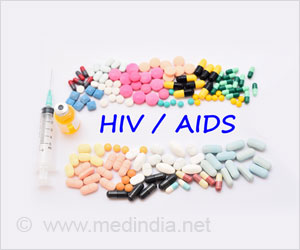The vitamin B-12 levels of infants strongly depend on maternal levels. Adequacy of vitamin B-12 in breast milk is particularly
when breastfeeding is highly recommended. Even after the first six months of life, breast milk may continue to be a critical source of vitamin B-12 for infants.
Pregnant and lactating women are at exceptionally high risk for vitamin B-12 deficiency due to the increased nutritional demands as they provide the micronutrient for themselves and their babies. Many people receive the necessary B-12 the body needs from animal-source foods. However, in countries with low intake of animal-source diets, mother’s and infant’s deficiency in vitamin B-12 is a serious public health challenge.
Advertisement
In resource-limited settings where maternal undernutrition is pervasive, researchers sought to understand the optimal timing and dosage of B-12 supplements during pregnancy and lactation.
“Our findings underscore the importance of prenatal vitamins for short-term benefits in breast milk and postnatal vitamins for more sustained impacts on B-12 adequacy in breast milk; both prenatal and postnatal supplements support healthy growth and development in the baby.”
The study also found that the effect of the prenatal vitamin B-12 supplement diminished when used together with the postnatal supplement. Likewise, the effect of the postnatal vitamin B-12 supplement diminished when used together with the prenatal supplement.
“It appears that there was a certain plateau in the effect when prenatal and postnatal supplements were used together,” said Wang. “The plateau could mean that either prenatal or postnatal vitamins could correct maternal vitamin B-12 deficiency, but the plateau does not preclude the need for combined prenatal and postnatal supplements through pregnancy and breastfeeding to sustain maternal B-12 levels in populations with high levels of dietary inadequacy.”
Source: Eurekalert



